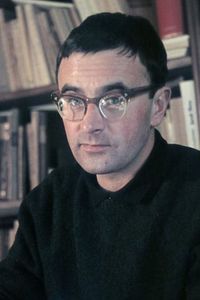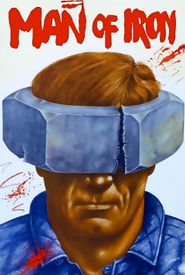Aleksander Ścibor-Rylski, a multifaceted Polish artist, donned the hats of novelist, playwright, screenwriter, and director, leaving an indelible mark on the world of literature and cinema.
As the war raged on, Ścibor-Rylski found himself entrenched in the Gray Ranks and the AK, participating in the courageous yet perilous Warsaw Uprising, where he suffered a serious wound that would stay with him for the rest of his life.
Following the war, Ścibor-Rylski made his debut as a poet and writer in 1946, and his academic pursuits took him to the University of Warsaw, where he studied Polish literature between 1946 and 1951.
In the late 1940s, he became a key member of the editorial staff of the weekly "Polish Soldier," serving as the head of the cultural department from 1948 to 1954. His literary endeavors during this period were deeply rooted in the spirit of socialist realism.
In 1950, Ścibor-Rylski published his novel "Coal," a testament to his mastery of the genre and his ability to craft compelling stories that resonated with his audience.
The 1950s saw Ścibor-Rylski take on new challenges, as he joined the editorial board of "Nowa Kultury" from 1955 to 1957. His involvement in filmmaking as a screenwriter and director spanned an impressive three decades, from 1951 to 1981, during which time he penned over 25 films, cementing his status as a prolific and innovative artist.
Throughout his life, Ścibor-Rylski remained a driving force in the world of Polish literature and cinema, leaving behind a legacy that continues to inspire and captivate audiences to this day.





















